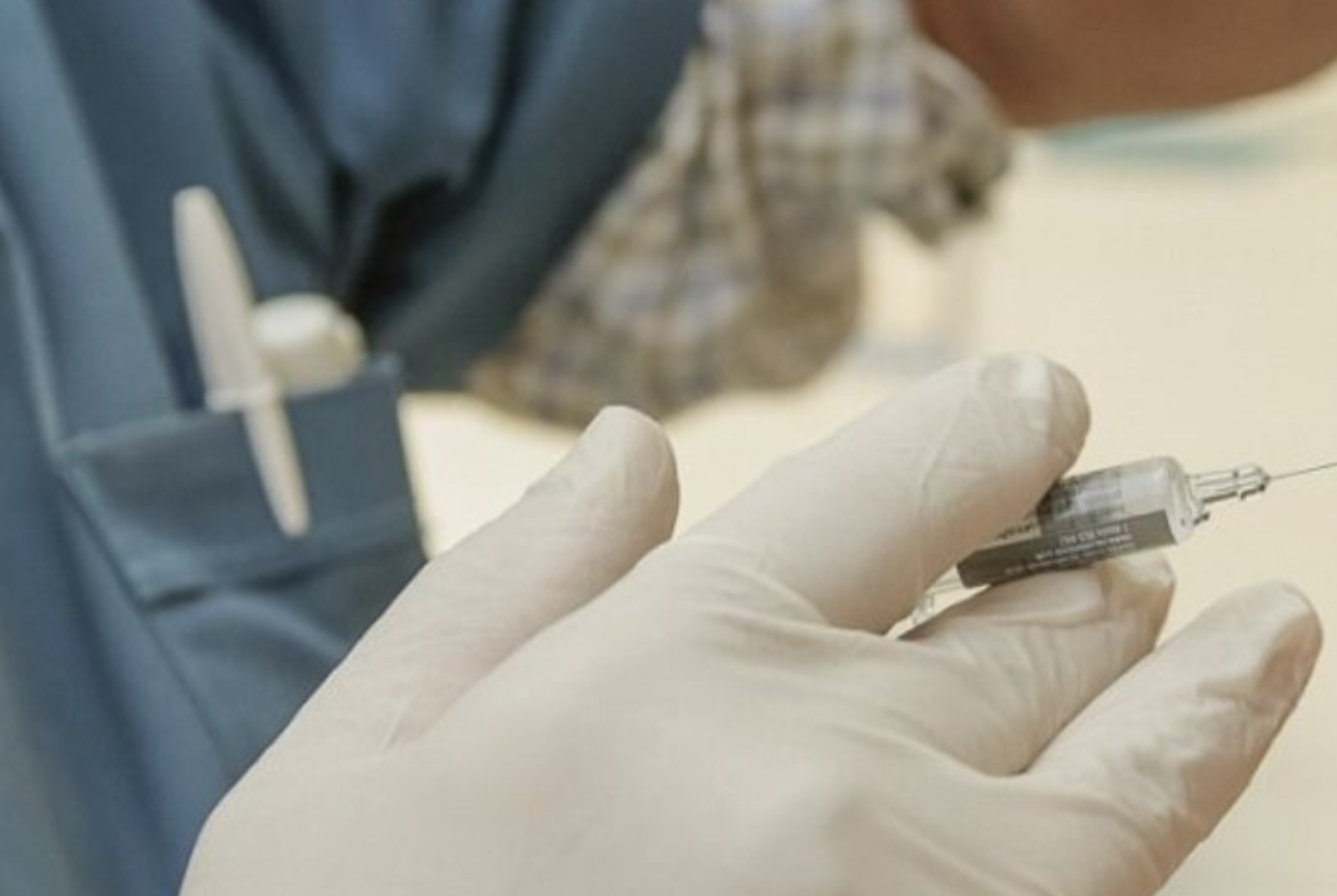The healthcare industry has been under severe pressure since the beginning of the pandemic and there is one industry that works tirelessly in the background to ensure that hospitals have the latest medical equipment in place; namely the white glove logistics sector. Next time you visit the hospital, spare a thought for the specialist teams of while glove technicians that install the technical equipment, such as MRI and CT scanners, which is a very challenging task.
Final Mile Delivery
This is when the equipment manufacturer delivers the assignment to a pre-arranged location (usually very close to the final resting location) and from this point, the white glove team take over. You can imagine the difficulty involved in man-handling an MRI scanner to take it to its final destination somewhere inside the hospital; corridors, stairs and doorways all have to be negotiated before the equipment can finally be secured and installed. Once in place, the equipment must be configured and calibrated, ready for use, which is the job of the white glove technicians.
Demonstration Logistics
Prior to a hospital purchasing an expensive item such as an MRI scanner and for Rhenus Hightech, demo logistics are a typical service that is offered. This allows the medical professionals to test the equipment in a real-life environment and this is often specified in the purchasing contract, whereby the equipment is installed and calibrated and is used by the customer for a specified amount of time. If all goes well and the customer is happy with the equipment, the installation becomes permanent, while it is removed if it doesn’t perform as expected.
Full Technical Installation
Large and very complex technical equipment requires specialist handling and the OEM will not permit anyone to handle the equipment if they do not have manufacturer’s approval. This means the white glove technician must undergo a lot of product training in order to carry out their work; as much as 50% of their working time is spent at workshops and training sessions, which brings with it product certification.
Reverse Logistics
As the name suggests, reverse logistics involves the disassembly and transportation of technical equipment, which might need to be taken to the original manufacturer for repairs or even eventual replacement. X-Ray machines do require specialist handling and if a unit malfunctions, the best solution might be to send the equipment back to the manufacturer. Here is an interesting article on the importance of nurses in the healthcare industry, which is well worth the read.
Specialist Knowledge & Equipment
As you would expect, the white glove logistics teams have specialised equipment to help them maneuver equipment, with lifts, hoists and trolleys. The equipment is dismantled to a degree, which makes the project a lot easier and once all the components have been located to the end site, the equipment is reassembled. It then needs to be secured, installed and configured, ready for the very first use.
All the technical equipment found in hospitals has been installed by white glove technicians, who work tirelessly in the background to make sure that hospitals have the latest equipment. This is more important than ever, as we are still in the grip of the Covid-19 pandemic and regardless of the weather, the white glove technicians carry out their work across the United Kingdom.






